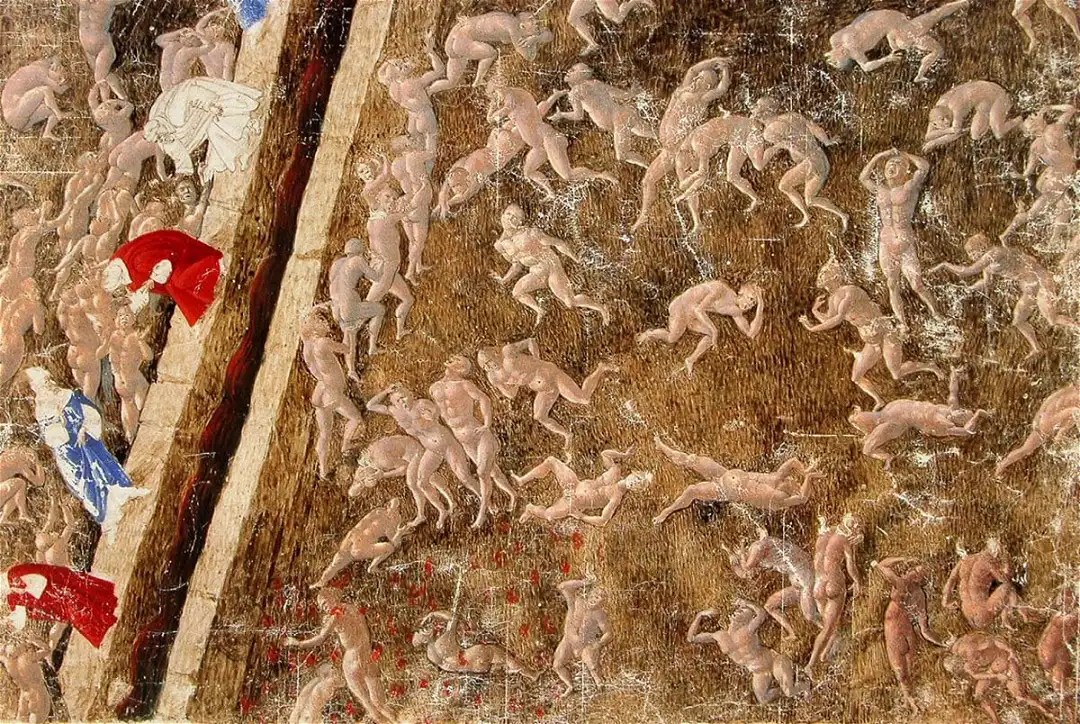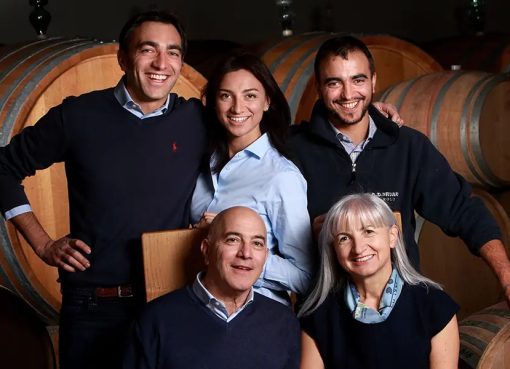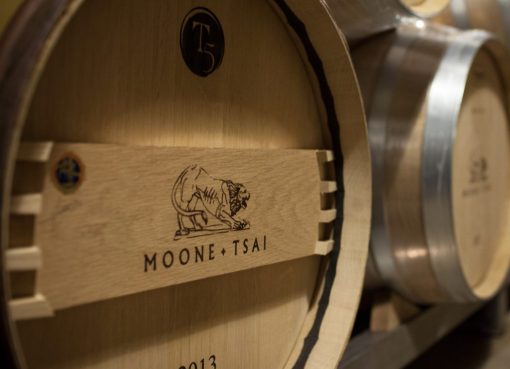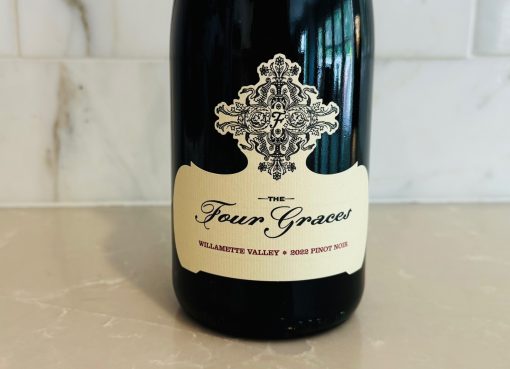“The Big, Forgotten Elephant in the Room” (An Encounter with 9diDANTE Vermouth)

As the saying goes, hell is the absence of reason.
But for 9diDANTE founder Alex Ouziel, hell was the absence of quality wine in Vermouth.
Ouziel is a 20+ year alcohol industry veteran, originally from Barcelona, who moved to Moscow in the mid-1990s working for an importer of Spanish wines. This stint was followed by jobs all around Europe, eventually landing at Bacardi as President for Asia, Middle East & Africa, based in Dubai. After getting the Vermouth bug, he left Bacardi to found KALIRO Spirits, starting their portfolio with the 9diDANTE brand.
From the start, Ouziel had one unalterable tenet in mind: put the fine wine back into Vermouth. “He felt that there were “”There were some big lies that needed to be put right” with respect to Vermouth, he mentioned during a Zoom tasting of 9diDANTE sample releases. “There was no red wine being used in red vermouth [for example]. We wanted to bring back wine to the center of Vermouth making. It was the big, forgotten elephant in the room.”
As I am fond of saying a few paragraphs in, let’s back up a little bit. WTF is vermouth, anyway?
Think of it as the Gin of the wine world: fortified wine, infused with botanicals. In Europe, artemisia absinthium (wormwood), must be included as the primary botanical. If you hate juniper, then you need to steer clear of Gin; same thing applies here: if you dislike wormwood, Vermouth probably isn’t for you.
The name Vermouth likely comes from the German word for wormwood, “wermut.” The idea of mixing in wormwood with wine might date back to the ancient Greeks and/or Romans, but it’s been made in an official capacity in Piedmont since at least the 16th Century (in part due to the area’s proximity to quality grapes for the wine, fresh botanicals coming in to port for the infusions, and a readily-available potential clientele in the aristocracy of the court of Savoy “they were known as big party animals” by the standards of European royalty at the time, according to Ouziel).
To pull off his idea for 9diDANTE, Ouziel managed to pull in the talents of master blender and Piedmont native Mario Baralis (bringing him out of retirement), who eschews what he describes as the “big bruiser” style of Vermouth that has seemed to dominate the market lately. Made at the Montanaro distillery near Alba (the oldest grappa di Barolo facility in the region), with just eight full-time staff, technically the 9diDANTE releases are Vermouth di Torino Superiore. However, they well exceed the regulations of the category: must be produced and bottled in Piedmont; 75% wine minimum (50% minimum of it from Piedmont), with the wormwood coming from Piedmont, and registering 17%-22% abv.
As the brand presser emphasizes, 27 different botanicals are used in the production of 9diDANTE vermouths. All three vermouths in their lineup include nine botanicals, “each assigned a symbolic meaning referencing an individual stage on Dante’s imagined journey through “Inferno,” “Purgatorio” and “Paradiso,” the three sections comprising Dante Alighieri’s Divine Comedy.” Their botanical extraction takes 2-3 months (with 27 separate batches), and blending is done by hand (with about three months aging in tanks). No caramel or other additives are used, and there’s no carbon filtration. Their also the very first producer to use 100% Arneis grapes in a Vermouth, and one of just a handful of producers to work with 100% Piedmont DOC grapes.
A good Vermouth, like these, can go for 5-6 months after being opened and remain in fine drinking and cocktail-blending form. Rarer is the Vermouth that is worthy of simply being sipped on its own, and 9diDANTE has managed to put itself firmly into that more exclusive category…



9diDANTE Purgatorio Extra Dry Vermouth di Torino Superiore IGP, $35
The clever marketing behind the brand has this Vermouth guiding us through Mt. Purgatory, with each level represented by a botanical; Level I: Stubbornness (woodruff), Level II: Repentance (thyme), etc. This is one is based on the 100% Arneis. “I am a drinker of Negronis, but was not a drinker of Martinis,” noted Ouziel; so for him this category was actually more difficult to conceptualize than the Rosso (see below). It starts surprisingly subtle on the nose: minty, floral, and gradually more herbal with sage, coriander, and citrus peel, with a hint of apricot. In the mouth, as Vermouth goes, this one is downright elegant; the herbal notes are fresh, as are the citrus fruit flavors, and there are even fruity hints of yellow and greener pears. Lots of length, and a bit of pleasing bitterness, and wormwood on the finish. Full-bodied, but also delightful stuff.

9diDANTE Inferno Rosso Vermouth di Torino Superiore IGP, $33
Based on a 50/50 Dolcetto/Cortese blend, and focused on the nine circles of hell, with Cardamom representing Lust at Circle II, basil for Anger at Circle V, etc. Fennel, basil, cardamom, wormwood, with big cherry compote richness are all present on a perfumed nose that’s full of incense/potpourri. “Inferno is rock’n’roll; it had to be bold, it had to be powerful, it had to leave no one indifferent,” explained Ouziel. Orange peel and vanilla lead into a palate that has wonderful balance; spicy, tangy, a touch sweet, more than a touch bitter, and finishing very long and very strong and very, very pure. True to its assertive nature, you need to like them assertive to drink this one straight, but it’s possible and well worth it. Blended with something to take the edge off of the bitter herb finish, it would be an extraordinary cocktail component.
Cheers!


